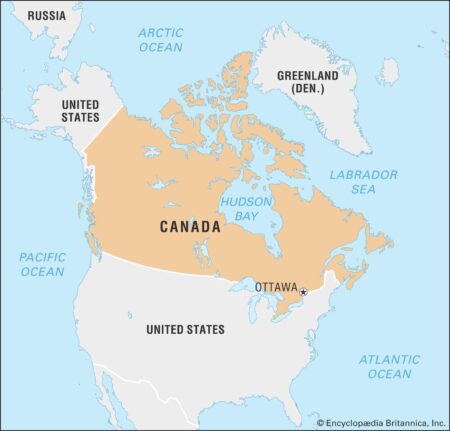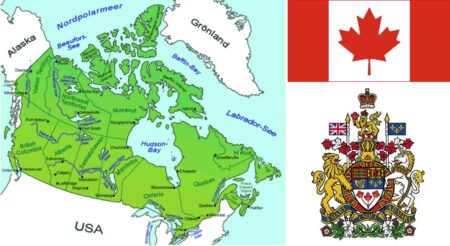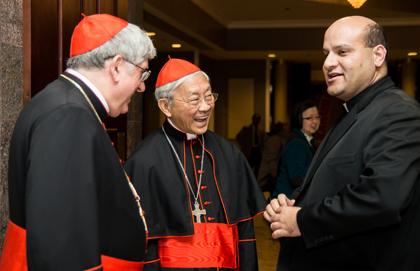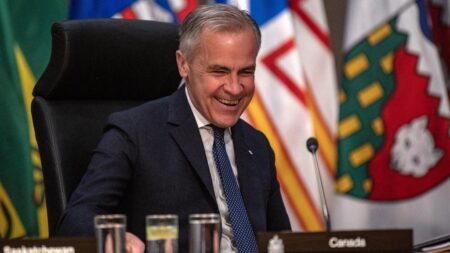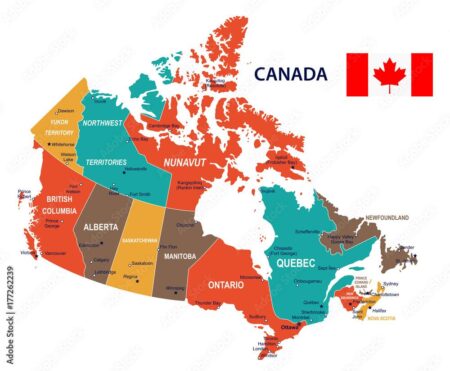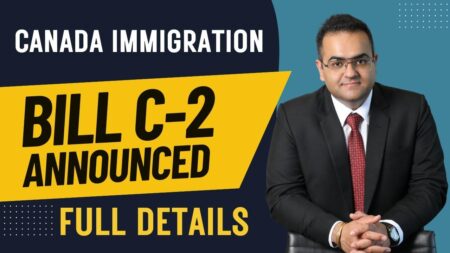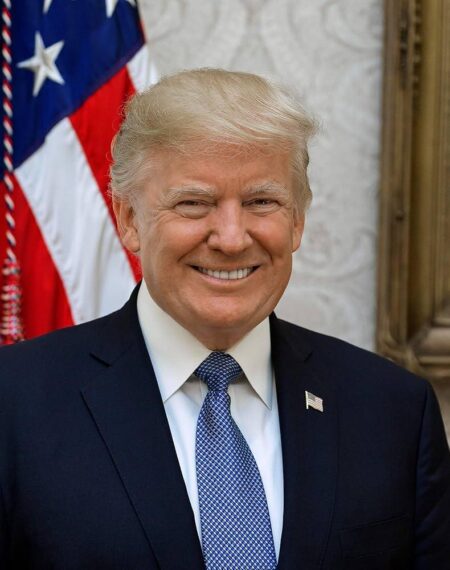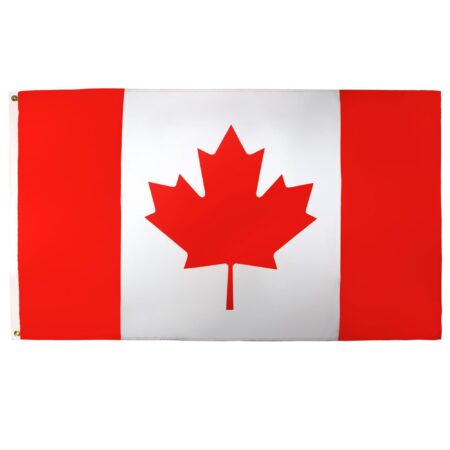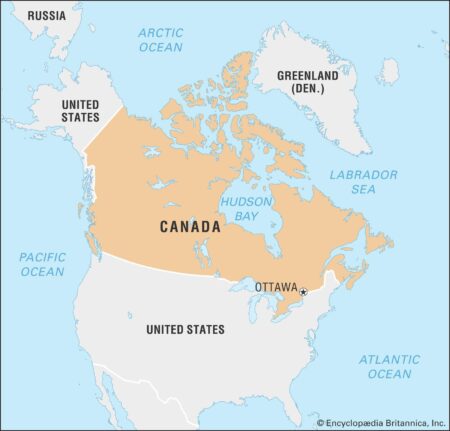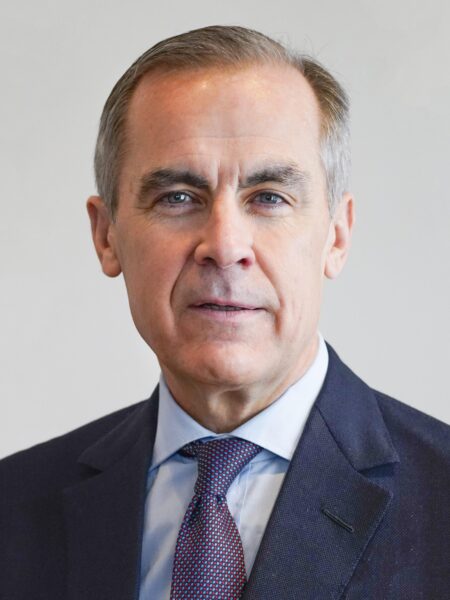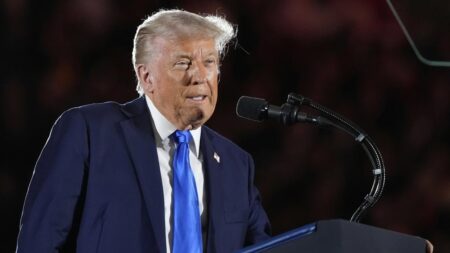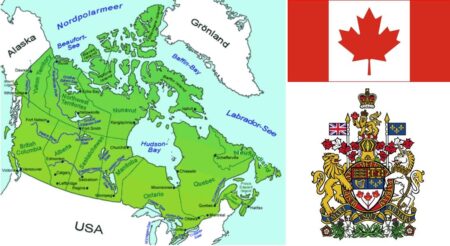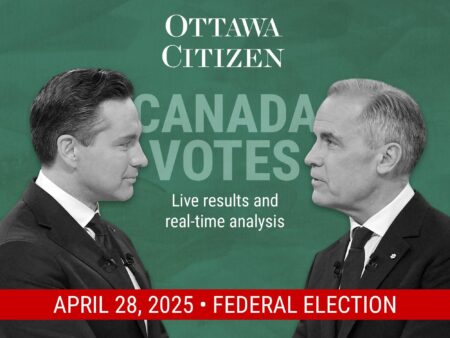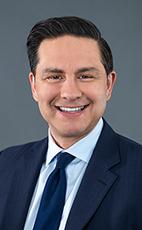Canada’s Conservative leader Pierre Poilievre has triumphantly reclaimed his parliamentary seat in a pivotal victory for his party. This win injects fresh momentum as the federal elections approach, BBC reports
Browsing: Canadian politics
In a recent article for the Toronto Sun, Lilley boldly challenges Canada’s left, spotlighting their surprising reluctance to stand up for free speech. He cautions that this hesitation endangers open debate and puts the core principles of democracy at risk in the country
A rising separatist movement in Canada is grabbing headlines, fueled by intense regional frustrations and stark political divides. However, experts caution that the notion of Canada turning into the “51st state” of the U.S. is still far from reality
Raymond J. de Souza celebrates Canada’s transit milestones, highlighting the nation’s expanding rail network as a beacon of innovation and sustainability. His insights provide an inspiring look at the future of Canadian transportation
First Nations leaders made a bold statement by walking out of a meeting with Mark Carney about the Building Canada Act, protesting their exclusion and the lack of meaningful consultation. This powerful act highlights the ongoing tensions surrounding Indigenous rights and infrastructure planning
In Alberta, separatist groups are enthusiastically rallying behind former U.S. President Donald Trump, viewing him as a formidable ally. His bold populist message resonates deeply amid rising frustration with federal policies and escalating economic challenges
Canada is on the brink of approving a groundbreaking infrastructure bill set to turbocharge the economy, but fierce opposition from Indigenous groups is raising urgent alarms about ignored rights and pressing concerns. This intense debate highlights the deep-rooted tensions over land and governance like never before
Canada has unveiled a groundbreaking immigration and security bill designed to strengthen border controls and boost national safety. This bold legislation aims to strike a careful balance between supporting refugees and enforcing tougher security measures
Canada’s new immigration bill promises faster processing and a surge in skilled worker recruitment, but it has sparked intense debate nationwide over concerns about weakened refugee protections and expanded government powers
In an unexpected turn of events, Donald Trump’s policies and rhetoric have sparked a vibrant movement for independence in a Canadian province. This rising tide of sentiment not only highlights long-standing regional grievances but also fuels a passionate quest for autonomy, dramatically reshaping the political landscape across the nation.
As economic frustrations mount, Alberta’s desire for independence is gaining momentum, sparking lively conversations about the prospect of secession from Canada. Analysts are buzzing with speculation about the potential of aligning with the U.S., reigniting passionate debates on provincial autonomy and self-determination.
In a bold cabinet shake-up, Prime Minister Mark Carney has introduced a fresh face as the new foreign minister, marking a pivotal moment in his mission to transform the Canadian government. This strategic appointment underscores Carney’s commitment to elevating Canada’s standing on the world stage as global diplomatic dynamics continue to evolve.
In a spirited rebuttal to former President Trump’s playful notion that Canada might thrive as the 51st US state, former Bank of Canada governor Mark Carney emphatically stated, “Canada is not for sale, ever.” Carney’s bold declaration highlights the unwavering sovereignty of the nation in the face of shifting geopolitical conversations
In a powerful victory speech, former Bank of England Governor Mark Carney delivered a compelling message to Canadians, declaring, “Trump is trying to break us.” He passionately underscored the importance of standing together and fostering resilience as we confront external challenges that jeopardize our national unity.
Canada’s Liberal Party has triumphantly secured 170 seats in parliament after a thorough recount, reinforcing its foothold in the government. This outcome not only showcases the party’s resilience but also sets the stage for tackling pressing national issues amidst a backdrop of challenging political dynamics.
In a recent statement, U.S. Ambassador to Canada, David Cohen, responded to former President Donald Trump’s remarks about the idea of adding a “51st state,” declaring that such discussions are firmly “behind us.” Cohen highlighted the importance of looking ahead and strengthening the bonds between the U.S. and Canada as we move forward together.
A recent Al Jazeera article challenges the notion of Canada’s united front against Donald Trump, revealing a complex tapestry of political and societal divides within the nation. The article uncovers a spectrum of opinions that showcase both fervent support and vocal dissent among Canadians when it comes to U.S. policies.
As Canada embraces a fresh chapter under Prime Minister Carney, curiosity swirls around how well the electorate grasps his vision. With a blend of optimism and apprehension, countless voters are taking a moment to ponder their decisions and the exciting new path that lies ahead for the nation.
In the recent Canadian elections, a remarkable one in six parliamentary seats changed hands, signaling a dramatic political shift. Voter turnout was impressively high as Canadians passionately expressed their views on critical issues, transforming the very fabric of the nation’s governance
Pierre Poilievre, the Opposition Leader in Canada, has unexpectedly lost his seat in Parliament, signaling a dramatic shift in the political landscape. This surprising turn of events leaves many wondering what lies ahead for the Conservative Party as it gears up for the next election.

